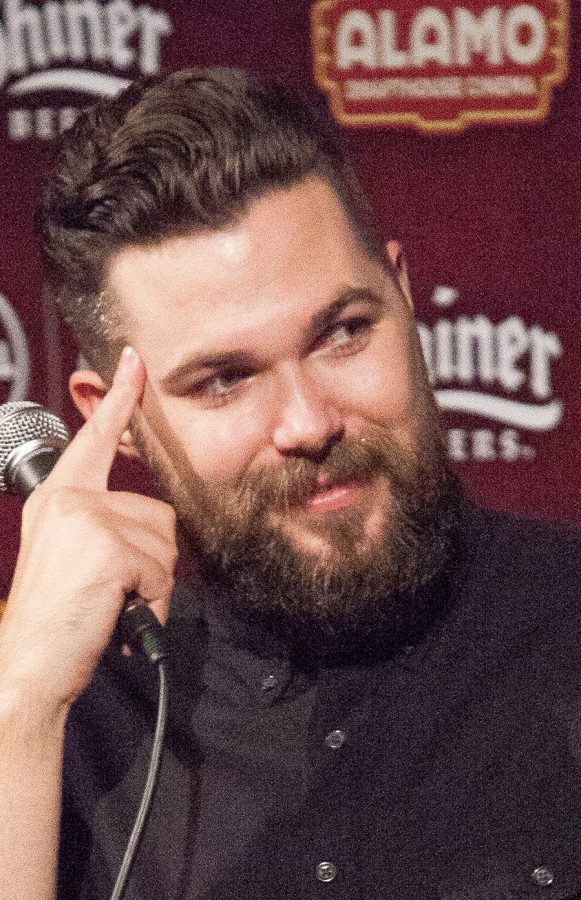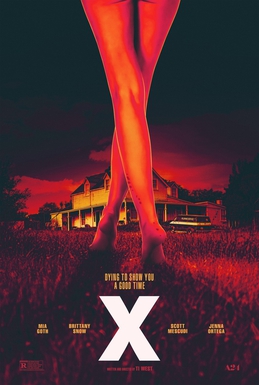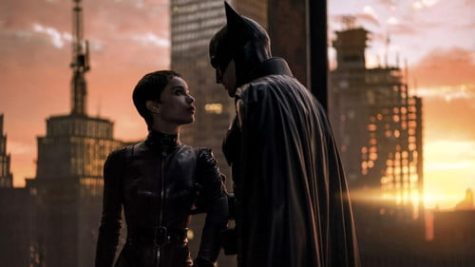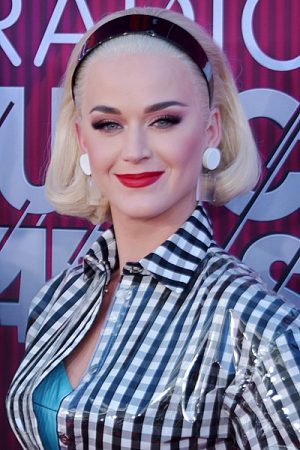‘The Northman’: A Fresh Take on a Viking Revenge Saga
Robert Eggers critiques hypermasculinity by sending Alexander Skarsgård on a traditional Viking quest
ANA HANKS VIA WIKIMEDIA COMMONS
Robert Eggers, an indie horror darling, directed an epic Viking action blockbuster.
May 6, 2022
With his previous two films, “The Witch” (2015) and “The Lighthouse” (2018), writer/director Robert Eggers established himself as an indie horror darling — making him an unconventional choice to direct a $90 million epic Viking action blockbuster distributed by Focus Features.
Even more worryingly, Eggers called the film’s editing process the “most painful experience of (his) life” due to not having control over the final cut.
Nevertheless, “The Northman,” released in theaters on April 22, is Eggers through and through. It’s exceedingly violent, deeply unsettling — at one point, the audience yelled out “Ew, no!” — and incredibly immersive.
Despite the slow pacing, every single frame feels intentionally placed and worthy of analysis, which kept me enthralled throughout the entire 137-minute runtime.
The film opens with King Aurvandill (Ethan Hawke) returning from battle to greet his wife, Queen Gudrún (Nicole Kidman), and son, Amleth (Oscar Novak). The following morning, the king’s brother, Fjölnir (Claes Bang), ambushes the pair, killing the king while Amleth escapes, chanting, “I will avenge you, Father; I will save you, Mother; I will kill you, Fjölnir,” though Fjölnir believes the child is dead.
The film then jumps forward in time to an adult Amleth (Alexander Skarsgård) as he continues his quest for vengeance with the help of his love interest, Olga (Anya Taylor-Joy). She plays an important role in Amleth’s journey, as a critical turning point in Amleth’s quest for vengeance comes as a result of a spell performed by Olga, without which his quest likely would have been unsuccessful. In fact, it would have failed before it even began. Later, when he is about to abandon his quest, it is a conversation with her that leads him to return to kill Fjölnir. (Admittedly, though, this is not Olga’s intent.)
Eggers pushes back on the machismo in “The Northman” by placing his focus on the women in the film, particularly those played by Taylor-Joy and Kidman.
Queen Gudrún also plays a much more significant role in the film than I had initially expected. While Amleth views himself as her savior (a critical component of his mantra), she proves herself not to be in need of saving. In fact, one could even make the argument that she is the true villain of the film, though when asked if he agreed with that characterization, Skarsgård expressed that such questions should be “left as questions.”
To promote the film, Skarsgård, who produced and starred in it, appeared in conversation with MTV’s Josh Horowitz at 92Y on April 21, where he discussed the genesis of the project and the importance he placed on authenticity and respect for the Viking culture that is depicted in the film.
Skarsgård said that due to his Danish upbringing, he always had a fascination with Viking culture, leading him to begin discussions around a Viking film with friend and producer Lars Knudsen over a decade ago. Years later, Skarsgård saw Eggers’ directorial debut “The Witch,” prompting him to meet with the director about the project that would become “The Northman.”
Eggers recently explained his initial disinterest in Viking culture due to the “macho stuff and the right-wing misappropriation,” though a visit to Iceland and an appreciation for the physical landscape (which he referred to as “pre-pre-pre-pre-pre-pre-pre-history”) changed his perspective. Eggers pushes back on the machismo in “The Northman” by placing his focus on the women in the film, particularly those played by Taylor-Joy and Kidman.
The film, overall, serves a critique of the macho misappropriation that Eggers identified within Viking culture.
Amleth’s entire life is consumed by his quest to avenge his father’s life, driven by his simplistic understanding of the latter’s death. In a critical scene, Queen Gudrún tells Amleth that he “inherited (his) father’s simpleness,” which can be understood as a general criticism of the culture’s tendency to ignore nuance in favor of proving one’s masculinity. From childhood, Amleth is told that he must die in battle in order to be worthy, an instruction which ultimately drives his self-destruction throughout the film.
“The Northman” is exciting, enthralling and entertaining. It’s as enjoyable as any other blockbuster action film, and the story can be understood as easily as “The Lion King.” However, it also reflects deeper observations and questions about how our society defines justice and masculinity. For a film set in the ninth century, “The Northman” feels extremely contemporary.



















